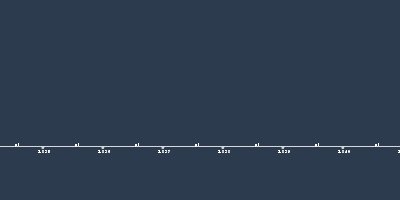1800s: Smithsonian: Conspiracy theories (1 gen 1820 anni – 1 gen 1830 anni)
Descrizione:
In the 1820s, a range of conspiracy theories inflamed electoral politics, from attribution of a threat of a coup if a candidate lost, to conspiratorial involvement of Freemasons and attribution of nefarious intent to "elites" of one kind or another. The supposed mechanisms of political conspiracy, and the rhetoric of these threats and accusations, are familiar and contemporary.=====
Conspiracy Theories Abounded in 19th-Century American Politics
Mark R. Cheathem, Zocalo Public Square
April 11, 2019
From claims that NASA faked the moon landing to suspicions about the U.S. government’s complicity in the assassination of John F. Kennedy, Americans love conspiracy theories. Conspiratorial rhetoric in presidential campaigns and its distracting impact on the body politic have been a fixture in American elections from the beginning, but conspiracies flourished in the 1820s and 1830s, when modern-day American political parties developed, and the expansion of white male suffrage increased the nation’s voting base. These new parties, which included the Democrats, the National Republicans, the Anti-Masons, and the Whigs, frequently used conspiracy accusations as a political tool to capture new voters—ultimately bringing about a recession and a collapse of public trust in the democratic process.
During the early decades of the American republic, the Federalist and Jeffersonian Republican Parties engaged in conspiratorial rhetoric on a regular basis.
Aggiunto al nastro di tempo:
Data:
1 gen 1820 anni
1 gen 1830 anni
~ 10 years
